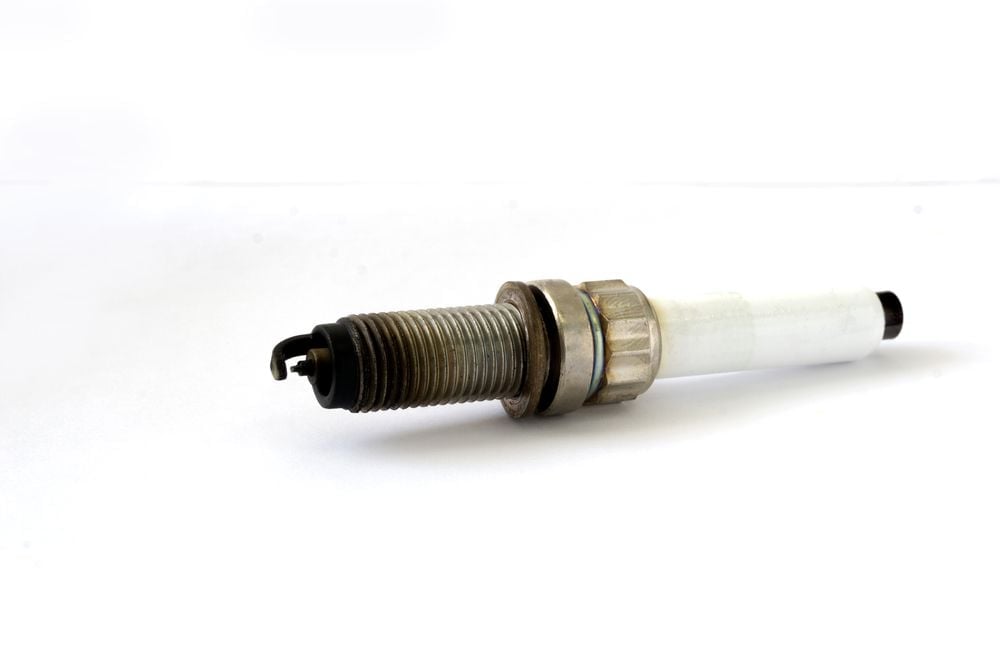
If you notice your car feeling sluggish while accelerating, but the
instrument panel indicates that there's no issue, this problem could be
caused by a number of issues on your car.
The cause of slow acceleration with no check engine light is a result of
poor mixture of oxygen and fuel in the combustion chamber. This could mean
the problem is caused by a clogged fuel filter, a bad fuel pump, water in
your gas tank, a blocked air filter, a worn spark plug, faulty sensors, or
a clogged catalytic converter.
With so many different root causes, it's important to explore the problem
further below to identify the true source of the issue and get it fixed as
soon as possible.
 Fouled spark plugs can affect acceleration.
Fouled spark plugs can affect acceleration.
Why Does My Car Feel Slow When I Accelerate?
When a car is accelerating slowly, the most likely problem lies in the
combustion process and fuel system.
Either there is not enough fuel or not enough oxygen entering the
combustion chamber. This is more commonly known as a lean air fuel mixture.
This hampers the combustion process and causes a lack of power and grunt
from the engine when accelerating. Some reasons your car is accelerating
slowly are:
1. Clogged fuel filter
The fuel filter is responsible for keeping dirt and gunk from reaching the
combustion chamber. Over time these filters can become blocked, which will
limit the amount of fuel that flows through into the engine.
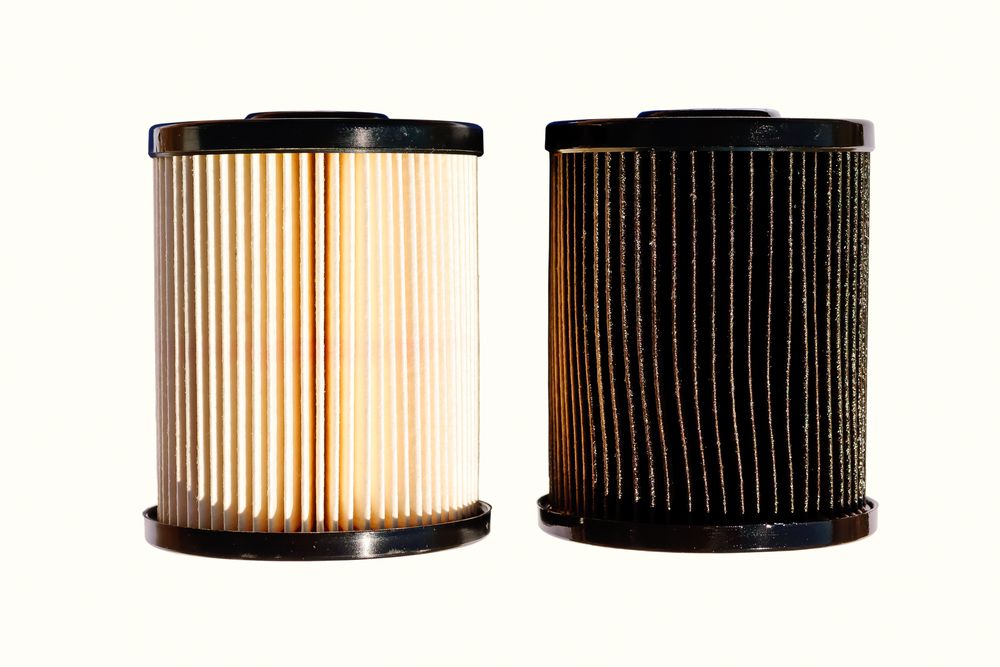 New fuel filter vs old fuel filter.
New fuel filter vs old fuel filter.
2. Bad fuel pump
A Fuel pump is responsible for drawing the fuel out of the tank and into
the engine. If your fuel pump is going bad, you'll notice a drop in engine
power accompanied by a loud whining noise coming from the gas tank.
3. Water in gasoline
Water can easily get into the gas tank if you're not careful. Gasoline is
needed for the combustion process to take place, and if there is any water
mixed in with your gasoline, it could prevent (or delay) this process from
taking place, leading to slower acceleration.
4. Blocked air filter
The air filter blocks any dirt and other continents from making their way
into the engine and damaging it. Over time, the air filter will become
dirty and clogged up, which prevents the engine from sucking in enough air
to burn fuel.
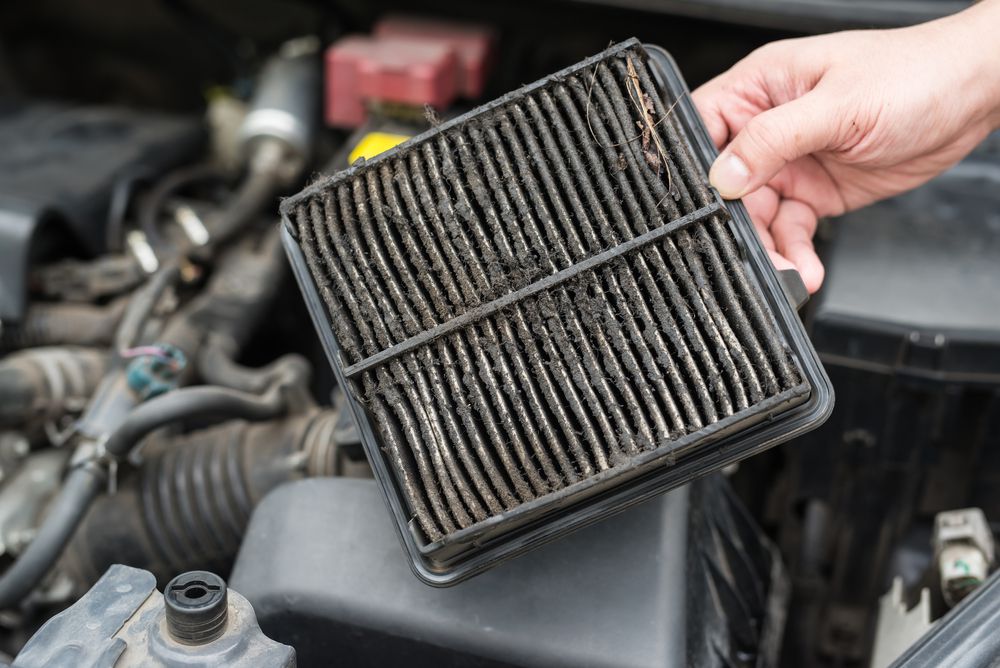 Dirty air filter.
Dirty air filter.
5. Bad spark plug
Spark plugs are responsible for igniting the fuel and air mixture that your
car's engine needs to perform. Spark plugs usually wear out between 30,000
and 90,000 miles. When worn out, they could cause a loss of engine
performance.
6. Clogged catalytic converter
A catalytic converter is an exhaust emission control system that converts
toxic gasses into less toxic pollutants. When this system is clogged, the
airflow through the engine is affected, which will lead to sluggish
acceleration.
Car Feels Sluggish When Accelerating Uphill
When struggling to go up a hill, it's likely that your fuel filter is
clogged and may need to be replaced. The fuel filter can become blocked
over time, so maintenance is crucial.
When the fuel filter is blocked, less fuel flows into the engine, leading
to a lack of power when accelerating or going uphill.
The purpose of the fuel filter is to prevent contaminants like dirt and
sand from entering the engine and causing damage. Make sure to check your
car's fuel filter frequently.
Loud Engine Slow Acceleration
An engine that is making a loud, whining noise but is still accelerating
slowly may have a faulty fuel pump. The fuel pump draws fuel from the gas
tank into the engine.
When the fuel pump goes bad, it often causes slow acceleration accompanied
by a loud, whining sound coming from the gas tank.
It's important to get the fuel pump replaced as soon as possible because a
lack of fuel running into the engine can cause even further damage.
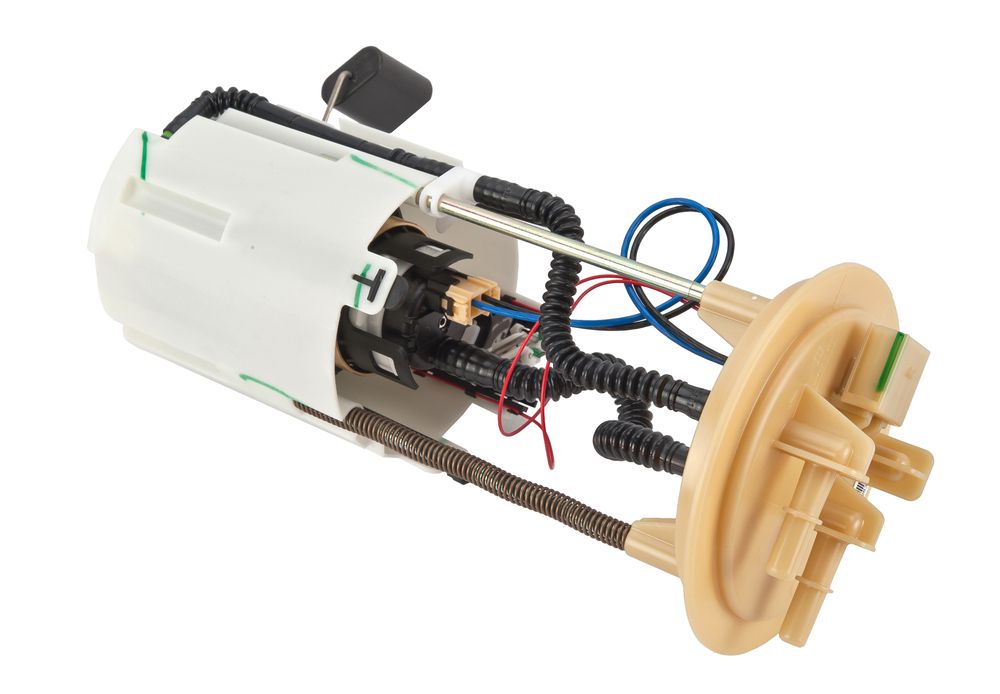 New car fuel pump.
New car fuel pump.
Car Feels Sluggish At Low Rpm
Cars should have a decent amount of power at low RPMs, so if your car is
feeling sluggish, there's likely a problem with the air and fuel mixture.
Clogged a fuel filter, a dirty air filter, a faulty catalytic converter,
bad fuel pumps, and worn-out spark plugs can all cause your car to feel
sluggish at low RPM.
Other less common causes can be a faulty fuel injector, throttle position
sensor, or a faulty fuel pressure regulator. It's also worth checking the
oxygen sensor and the air temperature sensor as these could cause issues in
more modern cars.
If your car does not have enough power at low RPM, a lean air fuel mixture
is the likely cause, and you'll need to take action to prevent engine
damage.
Why Does My Car Go Slow When I Press The Gas?
Slow acceleration is not only frustrating for the driver, but it could mean
that there is a bigger issue to deal with.
Slow acceleration is most likely due to a problem with your car's fuel
system components. Either the engine is not getting enough air, or enough
fuel, leading to a sluggish car.
Other elements that you could investigate are the fuel injectors, intake
manifold, fuel lines, intake air temperature sensor, exhaust system, gas
pedal, and mass airflow sensor.
If your car is going slow when pressing the gas, there may be dirty air and
fuel filters, a clogged catalytic converter, a faulty fuel line, a bad fuel
pump, water in the gas tank, or a bad spark plug.
Sensors That Can Cause An Engine To Be Sluggish
Modern cars rely on several different sensors that will help the car's
computer system to monitor any potential issues. If one of the following
sensors is faulty, it could be one of the reasons why your car feels
sluggish.
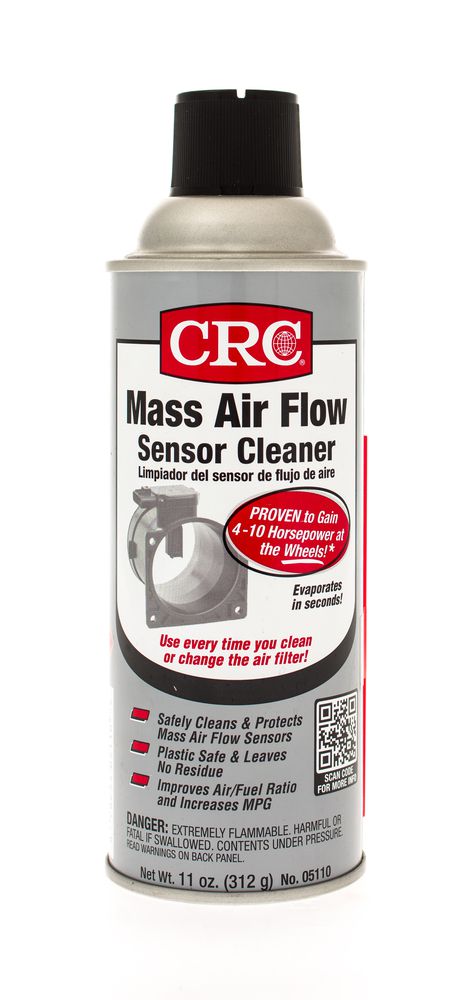 MAF sensor cleaner can fix some sensor problems.
MAF sensor cleaner can fix some sensor problems.
What Are The Signs Your Transmission Is Going Out?
There are a few red flags you can look out for to see if your car's
transmission is faulty:
-
Difficulty switching gears
-
Burning smell while driving
-
Check engine light going on
-
Grinding noises when changing gears
-
Car shaking or shuddering
-
Gears slipping
-
Noises when the car is in neutral
-
Leaking fluid underneath the car
Generally, a car's transmission should last at least 100,000 miles, but
some transmissions could last double that.
Make sure to always take care of your car's transmission and replace it if
needed as it could cause further damage to your car.
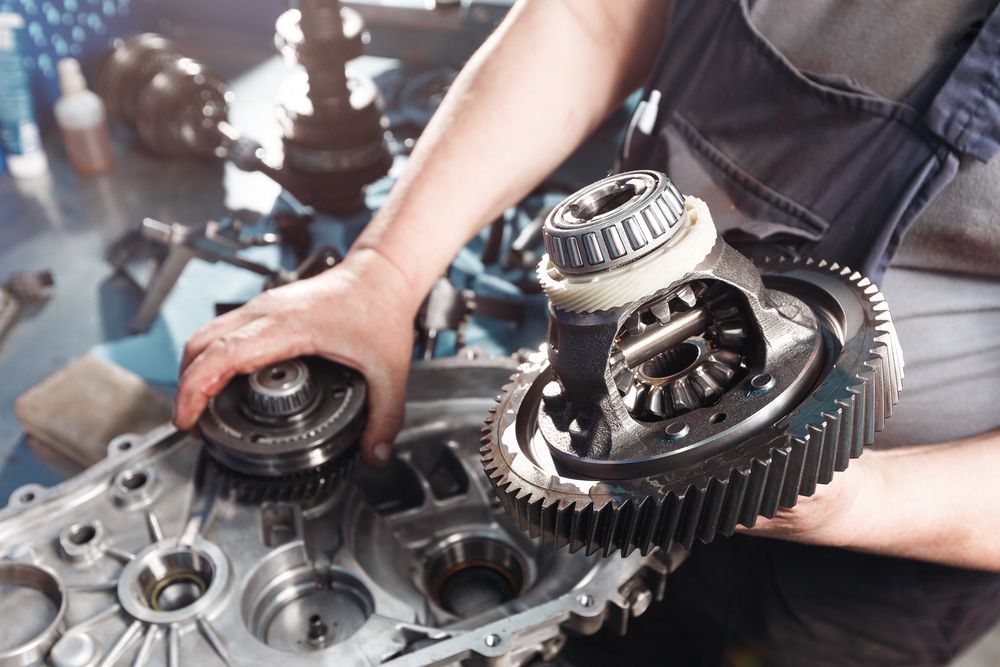 A mechanic rebuilding a transmission.
A mechanic rebuilding a transmission.
Why Does My Car Feel Like It's Dragging?
The feeling of your car dragging when you accelerate could be down to a
lack of air or fuel in the combustion chamber or an insufficient spark
during the combustion process.
The root cause of this issue could be clogged fuel and air filters, or a
worn-out spark plug.
Changing these parts is easy and relatively cost-effective. These parts
should all be replaced relatively frequently to ensure your car performs
well at all times.
What Are Signs Of A Clogged Fuel Filter?
There are several symptoms of a clogged fuel filter that you can look out
for:
If you're experiencing any of the symptoms above, it could be time to
replace the fuel filter to allow more fuel to run into your car's
combustion chamber.
What Are Signs Fuel Pump Is Going Bad?
If your car's fuel pump is going bad, there are a few symptoms that will
help you to identify the problem:
Replacing a bad fuel pump as soon as possible is crucial if you want to
avoid causing any further issues for your car's engine.
Conclusion
We hope that this blog post clearly identifies some common problems for a
car that is accelerating sluggish.
The most common cause for slow acceleration with no check engine light is a
lean air fuel mixture. Clogged air and fuel filters, a faulty catalytic
converter, worn-out spark plugs, or water in your car's gas tank. It's
important to quickly pinpoint the problem and fix it before it causes
damage to your car's engine.